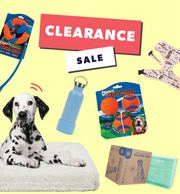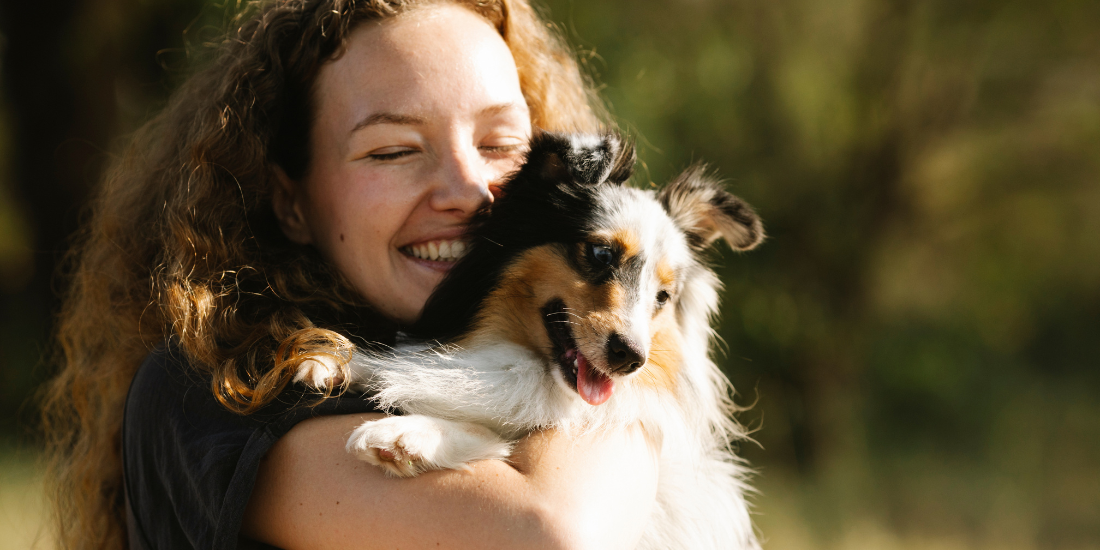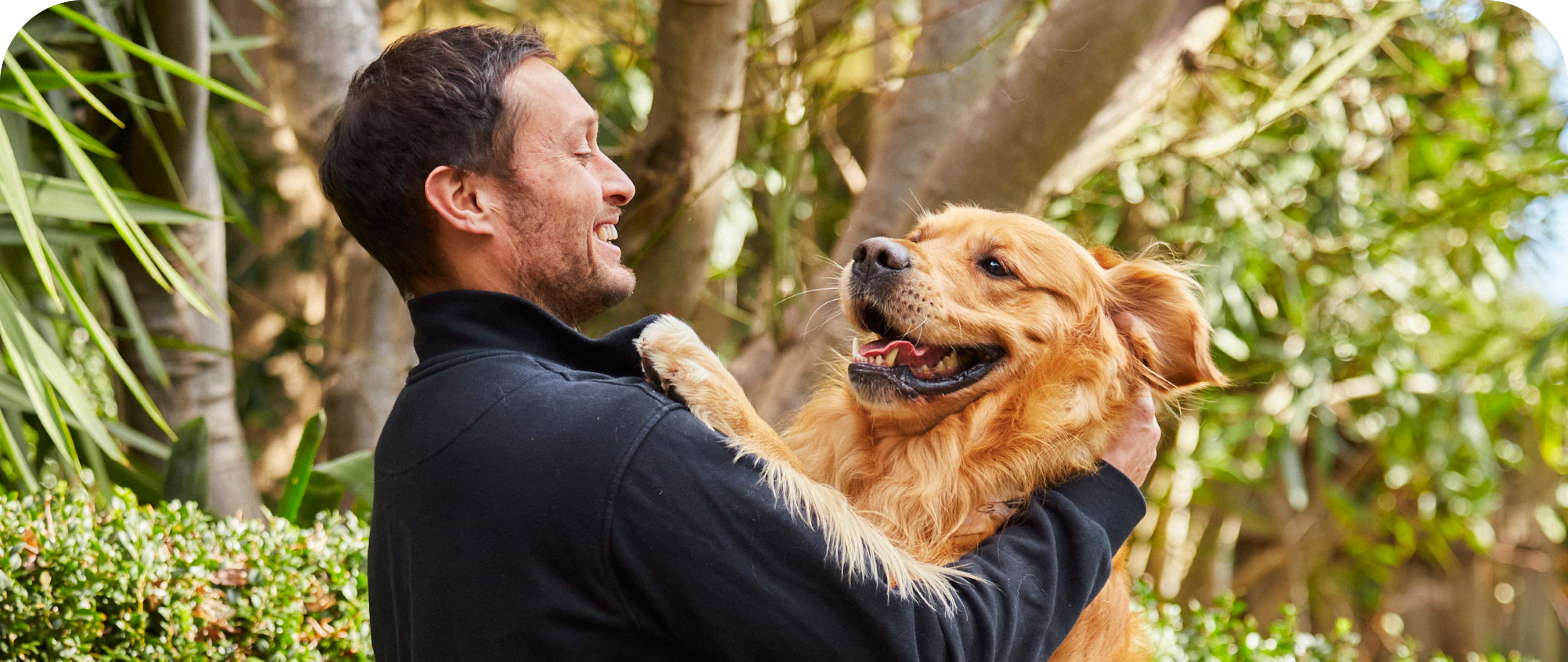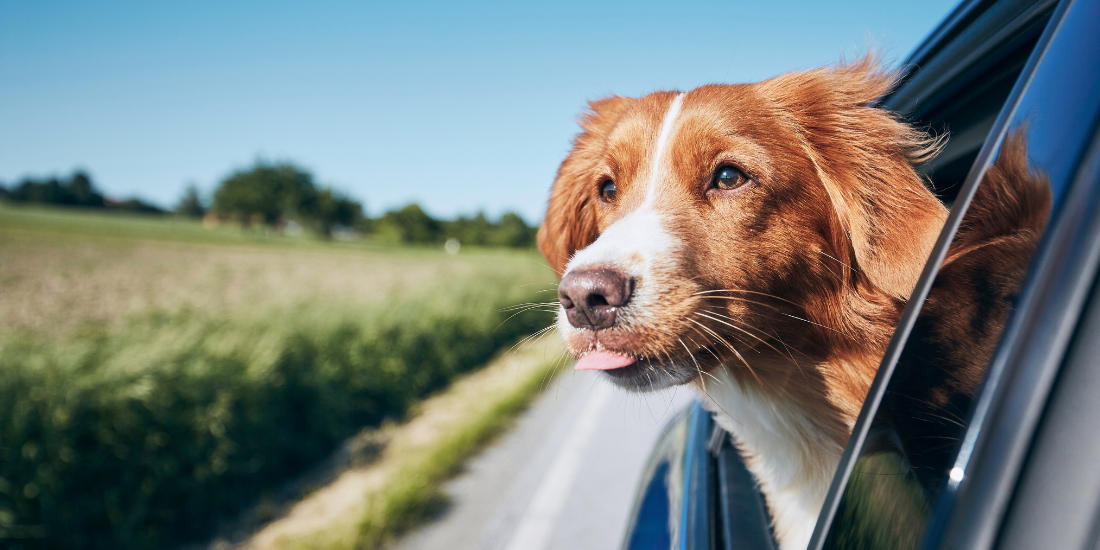
Get set for an avalanche of love as we learn to pamper a pup. Whether you're a seasoned dog whisperer or bringing home a new puppy for the first time, nailing the basics is key. Our mission? To guide your journey, from housetraining tactics to feed-time frenzies. Unlock the secrets of crate training, master your playtime finesse, and perfect the art of pup pampering.
So, gather your leash, a dash of patience, and oodles of affection – because your pup's Swaggle adventure starts here!
What to Do
Setting Up Your Home
Get ready to puppy-proof your world with some tail-wagging wisdom! Setting up a pup-proof safe space is like rolling out the red carpet for your fur baby. You'll need a couple of these spaces – one for when you're home and another for those quick outings.
These refuges are more than cosy corners; they're safe zones where your pup can relax, stay out of trouble, and conquer their chew toy. Fill them with comfy bedding, fresh water, food (if needed), puppy pads for potty breaks, and, of course, a toy that's ready to be loved. Think laundry rooms, secure crates, or penned-off sections near a sliding door for easy outdoor access.
Feeding Your Pup
Puppies start small, and so do their tummies. Their 8-week-old selves are ready for some pint-sized portions throughout the day. Opt for a premium puppy diet, their golden ticket to balanced growth. While you're at it, skip the pet milk and any other milky mishaps – it's all about hydration and healthy digestion. If your pup prefers wet food, go for it, especially if they're between 8 and 12 weeks. You can even soften those biscuits with warm water if they're still learning the crunching game.
Vet Visits
Vet visits – they're like puppy playdates with a side of health check. The timing of vaccinations and parasite control is no joke; these appointments are like puppy passports to a healthy life. Your pup's age and vaccination history impact when the next appointment is due. Chat with your local vet clinic, set a plan, and while you're there, let them check on your pup's baby teeth and advise on desexing.
What to Expect in the Early Days
Positive pup vibes rule! Set your little one up for a lifetime of confidence and happiness through positive early experiences. The socialisation period (3-12 weeks, up to 16 weeks) is prime time for shaping their worldview. Introduce them to all sorts of people, animals, and experiences – but keep it safe and upbeat. Make meet and greets a thing – new people, different dogs, and maybe even other species. Pet store and vet clinic visits can be like fun outings; they'll learn to associate these trips with positive memories.
Practice Makes Perfect
Now's the time to plant the seeds for lifelong skills. Hold them for mock vet examinations, introduce them to grooming routines, nail trims, and car rides, and even start the journey toward dental care. If you want a travel buddy or a dog with a solid dental health record, start now. But be gentle – puppy teeth can be sharp!
Protect Your Pup from the Sun
Sun safety isn't just for humans. Puppies with white fur or thin patches are prone to sunburn and potentially cancerous lesions. Protect them with pet-safe sunscreen, and make it a gradual, positive experience. Apply it before play or mealtime so your pup gets rewarded and distracted while it soaks in.
Check Your Council Rules and Registration
Don't forget to consult your local council for registration, microchipping, and any furry-friendly regulations.
What to Avoid
Socialisation Safety
Locking your puppy indoors until they're fully vaccinated might seem safe, but it's a no-no. This practice could leave them socially stunted. After their first vaccination, around a week later, venture out in a controlled way. Although there's a slight risk, it's outweighed by the behavioural problems that can arise from missed socialisation. Instead, opt for car rides and beach trips during low tide. Puppy preschool is a safe way to introduce your pup to furry friends and discover new environments.
Bath Basics Safety
Overbathing your pup or using harsh shampoos isn't a good idea. Puppies have delicate skin, so when bath time arrives, choose a gentle, puppy-safe shampoo. Keep baths to a minimum – ideally once a month – to avoid stripping their skin of essential oils. In between, opt for pet wipes to maintain their cleanliness without drying out their skin.
Positive Toilet Training
Never punish your pup by rubbing their nose in their accidents. This dated approach can strain your relationship, making them secretive about toileting. Instead, create positive experiences. Guide them gently to the right spot, using a chosen command word. Anticipate when they might need to go – after meals, playtime, and naps – to minimise accidents. Congratulate successful potty moments with cuddles and praise.
Exercise Caution
Don't take your pup on exhausting runs to tire them out. It might seem counterintuitive, but too much exercise can harm their developing joints. Their growing bodies need time to form properly. For larger breeds, consult your vet to determine the appropriate exercise schedule. Remember, patience is key.
Consistent Boundaries
Allow your pup to do things that you won't accept in their adult life. If you don't plan to let them on the couch as an adult, avoid it when they're young. This saves you from having to re-teach boundaries later on. Be clear about your rules from the beginning, setting the stage for a well-behaved adult dog.
Obey the do's and don'ts, and you set the stage for a happy, well-adjusted pup. Remember, creating a safe space, gradual socialisation, proper feeding, timely vet visits, and positive training lay the foundation for a healthy future.
From their first car ride to their adulthood, your pup's Swaggle journey starts here. So, let patience and positivity guide you. Your puppy will grow into a confident and happy companion. With the right knowledge and a sprinkle of love, you're all set for a pawsome journey with your newest family member.
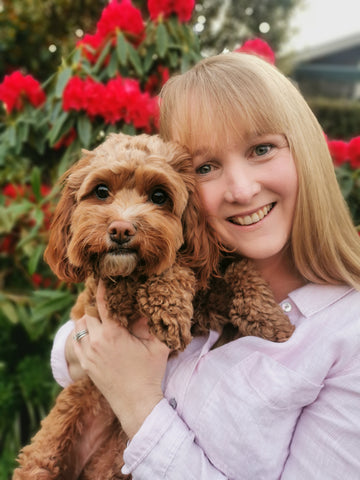
About The Author
Bex Falloon
Veterinary Nurse | Pets: Ted (Domestic Longhaired Tabby Cat) & Frankie (Cavoodle)
I have 19 years experience in the Veterinary industry. I started as a Vet Nurse in a small animal practice where I developed my love for hospital care, anaesthesia and looking after elderly patients. After 9 years I moved into a Practice Manager role where I was able to broaden my skills to include more customer care, overall business management and leading a wonderful and caring Veterinary team. More recently I am working with the Virtual Vet Nurse team, implementing great ways to increase efficiencies, especially on the front desk, of Vet Clinics, which has been fantastic! My love for pets and the bond they have with their owners is why I am passionate about pet care. Being able to share my knowledge with owners on how to do the best for their beloved companions is such a privilege.
Enjoyed This?
Explore more ....
